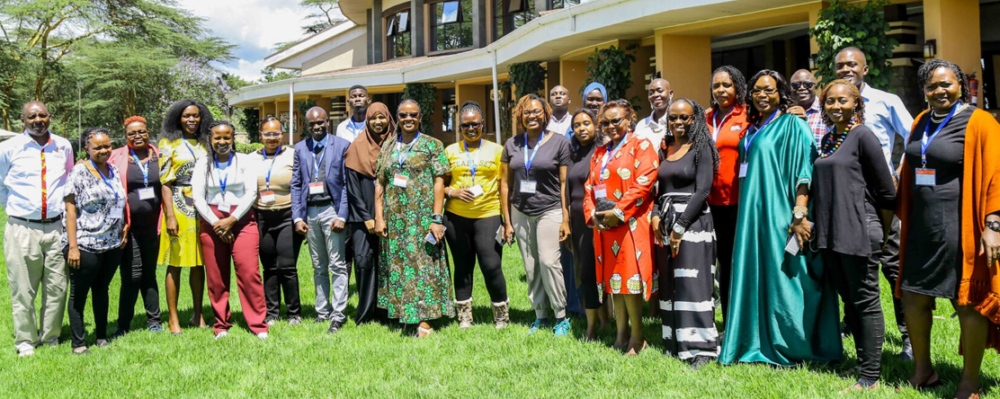
In the News
Want to Privatize Utah Liquor Sales? Beware What You Wish For, Study Warns
- Salt Lake Tribune
-
Focus Areas
Alcohol, Tobacco, Drugs & Mental Health -
Programs
Alcohol Research Group

Utah is one of 16 states to have government-controlled liquor operations. But some forces there want to eliminate the government’s role in liquor sales.
A previous study from PHI’s Alcohol Research Group sheds some light on another state’s experience with liquor privatization. The study found that in Washington state, residents who voted in favor of ending state controls on liquor sales were 2.59 times more likely to want to change their vote than residents who voted against it. The change was large enough that the measure would fail if voted on today.
Liquor prices in Washington increased by an average of 15% after privatization, and alcohol became more widely available, leading to fears of increased youth drinking.
“Based on the evidence … states considering privatization should think through the consequences of potentially increased prices and increased accessibility.” Meenakshi Sabina Subbaraman, director of statistical and data services, Alcohol Research Group.
Click below to read the full story.
Originally published by Salt Lake Tribune
More Updates
Work With Us
You change the world. We do the rest. Explore fiscal sponsorship at PHI.
Support Us
Together, we can accelerate our response to public health’s most critical issues.
Find Employment
Begin your career at the Public Health Institute.



